Currently, quite a few people are moving from the city back to the countryside to escape noise and air pollution while seeking a more spacious environment. When starting a new life, they receive many benefits from living in the countryside. However, they also have to embrace distinct drawbacks.
You may long for vast lands with a house and fresh air, but you need to consider all factors before deciding to adjust to a new lifestyle. Let’s take a look at some of the main disadvantages you might face when living in a rural area.
Top 9 Disadvantages of Living in the Countryside
Although living in the countryside is great for health, you must also be prepared to face these unchangeable disadvantages.
1. Quiet and Less Activity in Rural Living
Large towns and cities have cinemas, theaters with concerts, and parks for recreation. In contrast, you’ll find fewer of these activities in the countryside, which can lead to boredom. Many experts recommend that if you want to live in the countryside, you should find work to keep you busy, as a relaxed lifestyle can sometimes have negative effects.
Of course, unless you are creative and artistically inclined, a peaceful life can be suitable. Additionally, in the countryside, you can organize many outdoor recreational activities due to the open space.
2. Education Issues
Most rural areas lack good educational facilities. There is a shortage of schools, colleges, and universities, or the quality of education does not meet market demands. This is why many rural students rarely choose to stay in their hometowns after finishing high school; most move to cities and accept the downsides of urban life for better educational opportunities.
However, with today’s flat world, studying in the countryside is no longer too difficult. Especially with the concept of online learning or various training methods available globally, it’s not as daunting or unfamiliar as before.
3. Fewer Job Opportunities
Rural areas are not ideal places to look for quality jobs. There are very few opportunities to "make money." Most people are engaged in their own work related to agriculture or small-scale processing. Generally, in the countryside, you may face unemployment if you don’t take the initiative.
4. Lack of Good Healthcare Facilities
The lack of healthcare facilities is a major issue faced by people in rural villages or areas. In severe cases of illness, treatment must be transferred to cities or places with better medical facilities. Hospitals with skilled doctors and general practices are still scarce in rural areas.
5. Potential for Isolation in Rural Living
People often feel isolated in the countryside due to inconvenient travel. Sometimes it can take an entire day to go to the city and return after completing important tasks.
If you live in the countryside, you should prepare transportation options to manage commuting and leisure activities effectively.
6. Time-consuming Travel
Most essential services such as schools, hospitals, banks, and administrative buildings are kilometers apart in rural areas. Therefore, it takes a significant amount of time to travel from one place to another, and you may need to leave hours early to complete a task. This is different from the city, where everything is more accessible and quick.
7. Pests and Insects
Pest and insect problems are prevalent in rural areas due to the abundance of trees and forests. If you move to the countryside, you need to mentally prepare to face them. It’s best not to put yourself in a state of fear but to find ways to manage them. When you accept living alongside them, strive for the most harmonious coexistence possible.
8. Weather Impact
Weather is one of the major drawbacks of life in the countryside. Storms, floods, and heavy rains are common phenomena in rural areas. Recently, most roads have been paved with cement, but many are still uneven and muddy.
During the rainy season, you might find yourself completely isolated in your home because most of the roads in the town are submerged.
Other disadvantages of living in rural areas
In addition to the drawbacks mentioned above, there are other disadvantages of living in the countryside, including:
-
You must learn many new things. If agriculture is the source of income you are considering, you will have to learn farming from scratch.
-
Sometimes you may have to pay fees when doing all the work by yourself. This is not the case in cities, where you can receive a lot of professional support in various fields
-
If you live in the countryside but continue to work in the city, you must accept long commutes.
-
Transportation is another major issue in rural areas. There are fewer services for public transport from one place to another. You should have your own means of transportation, such as a bicycle, car, or motorcycle.
-
Higher education is another disadvantage of living in the countryside. Most elementary schools in rural areas are good. However, for secondary or higher education, one must definitely move to the city.
-
Medical facilities are not equipped with modern tools and infrastructure.
-
People have to go to the city if they want to buy anything luxurious. Even for basic grocery supplies, you may need to travel kilometers due to the lack of nearby stores.
-
There are no shopping centers, bars, etc.
-
Modern amenities like the Internet, Wi-Fi, and television may be limited or unavailable.
-
Services like auto repair, car wash, or taxis are harder to find in rural areas.
Positive Aspects of Rural Living
Well, we’ve outlined quite a few disadvantages of living in the countryside. But that being said, we must acknowledge that there are many benefits to rural life, including:
-
People in the countryside tend to live longer due to the cleaner environment. This has been confirmed by scientific studies. In the countryside, you can experience comfort and warmth.
-
The cost of living in rural areas is 6 to 10% lower than in cities. Housing is available at about 13% lower than urban areas.
-
There is ample space for children to play.
-
Agriculture can be a source of income that can be turned into a solid revenue base. You can grow organic produce and sell them directly at local markets or to large factories.
-
There is a lower likelihood of theft, burglary, or any crime due to the smaller population in rural areas.
-
With a smaller population, everyone in the countryside knows each other’s business.
-
The pace of life is much slower compared to the city, resulting in less stress. There are also no traffic jams due to the lower number of vehicles. This also leads to less air and noise pollution.
-
People in the countryside are friendly, easygoing, and more family-oriented than those living in urban areas.
-
The peaceful and quiet environment of nature provides an opportunity for mental and spiritual growth.
-
You can enjoy various beautiful landscapes such as rivers, mountains, valleys, and forests - things you may have dreamed of while living in the city.
In conclusion, we can say that while the countryside is beautiful, it also comes with some disadvantages. Therefore, if you are considering moving from the city to a rural area, be prepared to adapt to your surroundings and a new way of life.
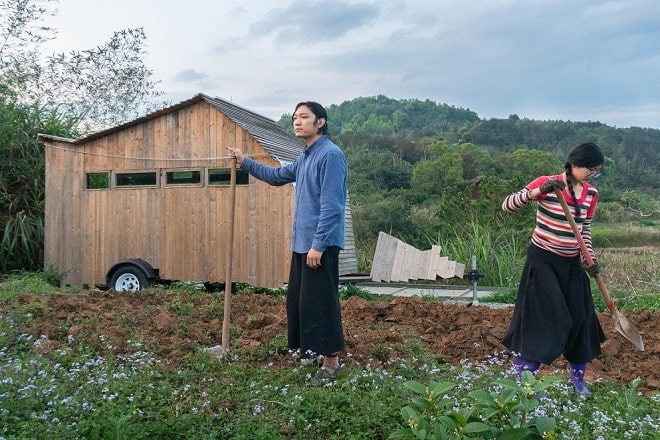
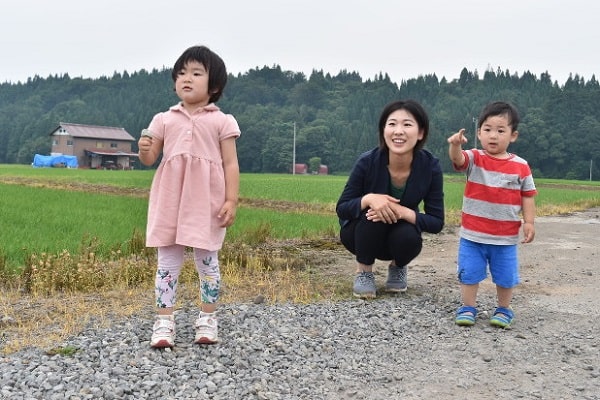
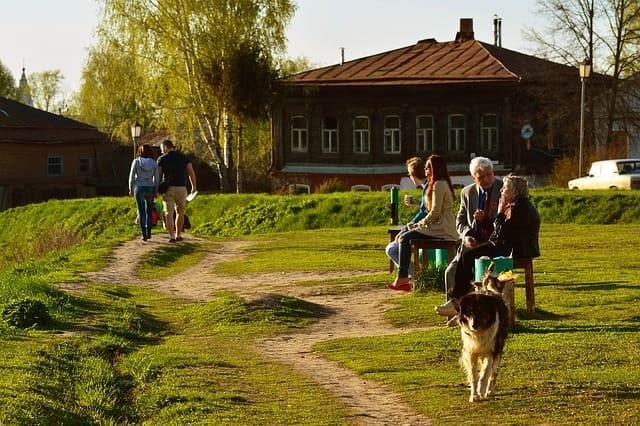
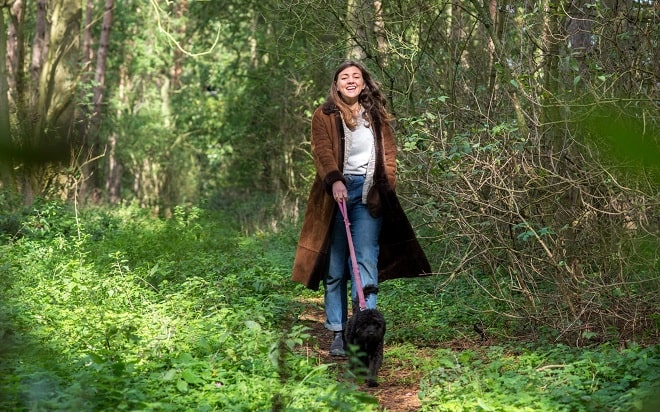
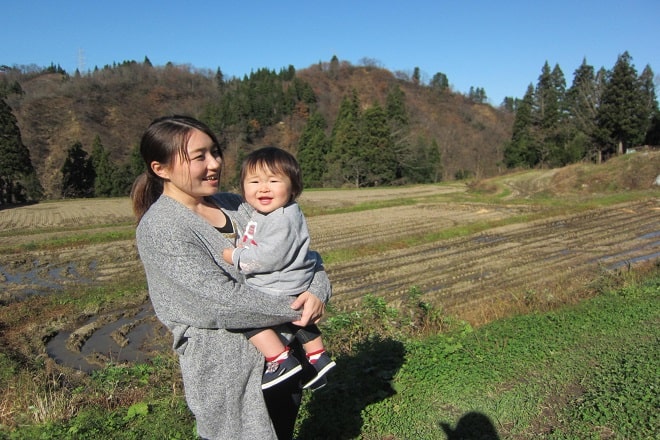
 The most unique carrots in the world!
The most unique carrots in the world!
 Guide to Propagating Basil Cuttings for Beginners
Guide to Propagating Basil Cuttings for Beginners
 How to take care of basil plant indoors for Beginners
How to take care of basil plant indoors for Beginners
 Interesting Facts About Ants
Interesting Facts About Ants
 Coucal bird: Natural Enemy of Snakes
Coucal bird: Natural Enemy of Snakes